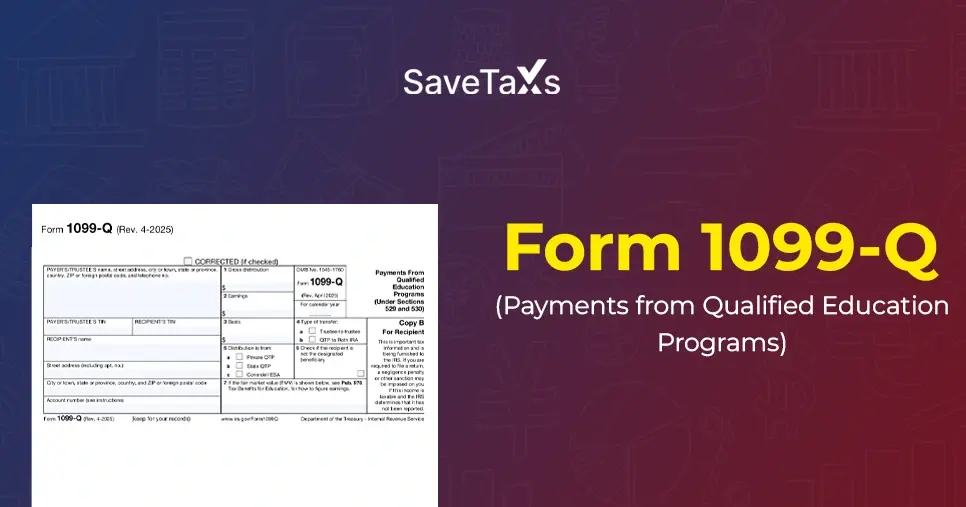
Want to read more?Explore Blogs
No matter what your source of income is, we've got you covered. There’s a plan for everybody!
Investing in India is beneficial for NRIs for multiple reasons, including a diversified portfolio, strong potential returns, current advantages, and more. The list goes on.
Yes, NRIs can invest in mutual funds in India.
Yes, you can invest in SIPs while staying abroad.
Yes, NRIs can open a demat account.
Yes, NRIs can invest in the Indian stock market.
Other than the already set tax advantages by RBI and FEMA, NRIs usually do not get any other special incentives.
A PAN card is a unique identification document issued by the Income Tax Department of India to all taxpayers of India. It is a 10-digit alphanumeric code that encapsulates all the tax-related information about the PAN card holder or the entity. This card is mandatory for executing any financial transactions in India, such as making an investment, filing taxes, and so on.
The complete form of the PAN card is Permanent Account Number.
There are three platforms via which you can apply for the PAN card online:
NRIs can apply for a PAN card through the official portals managed by the Income Tax Department of India, such as Protean eGov Technologies (formerly NSDL) or UTI Infrastructure Technology and Services Limited (UTIITSL).
Form 49A is a PAN card application form used by Indian citizens, including NRIs, to apply for a PAN card in India. This form is also used by entities incorporated in India.
Yes, you can apply for the PAN card from the UK.
Yes, an OCI cardholder can get a PAN card in India.
It is generally not required for an NRI to have a PAN card to open a bank account in India; they can open the bank account using Form 60. However, later on, when making financial transactions in India, you will need a PAN card.
Although having a PAN card is not mandatory for NRIs, it is required for those who are engaged in economic and financial transactions in India, such as making investments in the Indian market, buying property, filing their income tax return, and more.